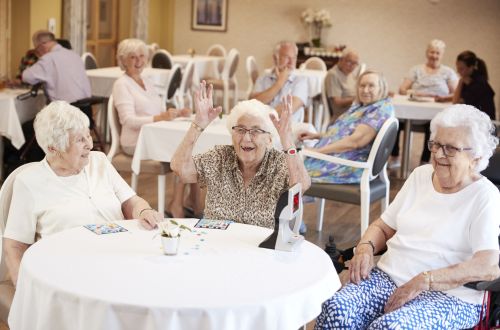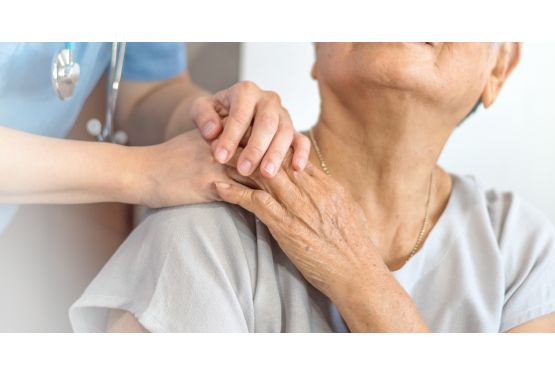Artificial intelligence in medicine. Interactive therapeutic robot Paro in French clinics
You may think that this article is devoted to new surgical robots performing surgeries of varying complexity, or nurse robots delivering medications to patients. It is not so. Now we will talk about a cute robotic seal that is used in France to give emotional support to patients.
Smart robot seal
The therapeutic robot Paro is a baby harp seal. It was developed by the Japanese scientist Takanori Shibata. The public first saw this creation at the end of 2001.
The robot is equipped with artificial intelligence, which allows it to respond to petting, make sounds and do smooth movements. The robot hit the market in 2004, after which all advanced medical institutions began to acquire this robot since it has a calming effect on patients and facilitates the work of medical staff. The robot needs to be charged from the mains. The price of the robot seal is about 7,000 euros.
Robot seal and its therapeutic effect
When a man holds and pets Paro seal, he calms down and relaxes. All movements of the robot are quite soft and smooth. The contact with the Paro seal makes the person calmer and has a positive effect on his state of mind, which is an undoubted advantage not only for the patient but also for the staff that works with patients. What is most interesting, that before the creation of this robot, scientists claimed that robots and artificial intelligence could be taught to do almost everything but they were unable to give tenderness, love, and affection. However, this is exactly what the Paro robot seal gives to its users. Scientists from Le Mans University in France decided to study the influence of the robot on patients and on the work of medical staff in more detail. Scientists observed the patients who were using the robot and the nurses in local nursing homes.
It is worth noting that most scientists consider such therapies as music therapy, zootherapy, and robot therapy pseudosciences. The mistrust of these methods was especially clear when it had been proved that swimming with dolphins does not have any therapeutic effect and just arouses joyful emotions. Very often extraneous factors influence the results of an experiment and lead to the Hawthorne effect when a favorable experimental result is obtained due to the increased interest and novelty of the studied question.

Paro robot seal in French clinics and nursing homes
It is quite amazing that while scientists are skeptical about this kind of therapy, we see that the robot Paro is of interest of French and German clinics and nursing homes.
The robot seal especially shows his worth with elderly patients who have Alzheimer's disease. Dr. Gherabli from Leon Mauge nursing home notes a reducing use of sedatives.
Paro robot helps patients with mental problems and patients prone to aggression. Patients, who had not uttered a single word for some months, became more confident and started talking with the medical staff and other residents of Ehpad (nursing home in France) after the contact with the robot. Paro robot seal influences the patients’ senses, in particular, the sense of touch, vision, and hearing.
Summing up, we may say that despite the fact that this kind of therapy remains unscientific, its positive impact on patients and medical staff cannot be denied. Until today, zootherapy was widely used in France, namely, there were farms in the territory of clinics and medical centers. The behavior of animals, however, is often unpredictable, as well the behavior of some patients towards animals, especially the behavior of patients with mental disorders. Paro robot seal is the best alternative.
The positive effect of the robot is obvious - it gives the sick and the elderly a piece of happiness.
We offer you to experience these positive emotions. Watch this video showing how residents with Alzheimer's disease communicate with a robot in a French nursing home.





